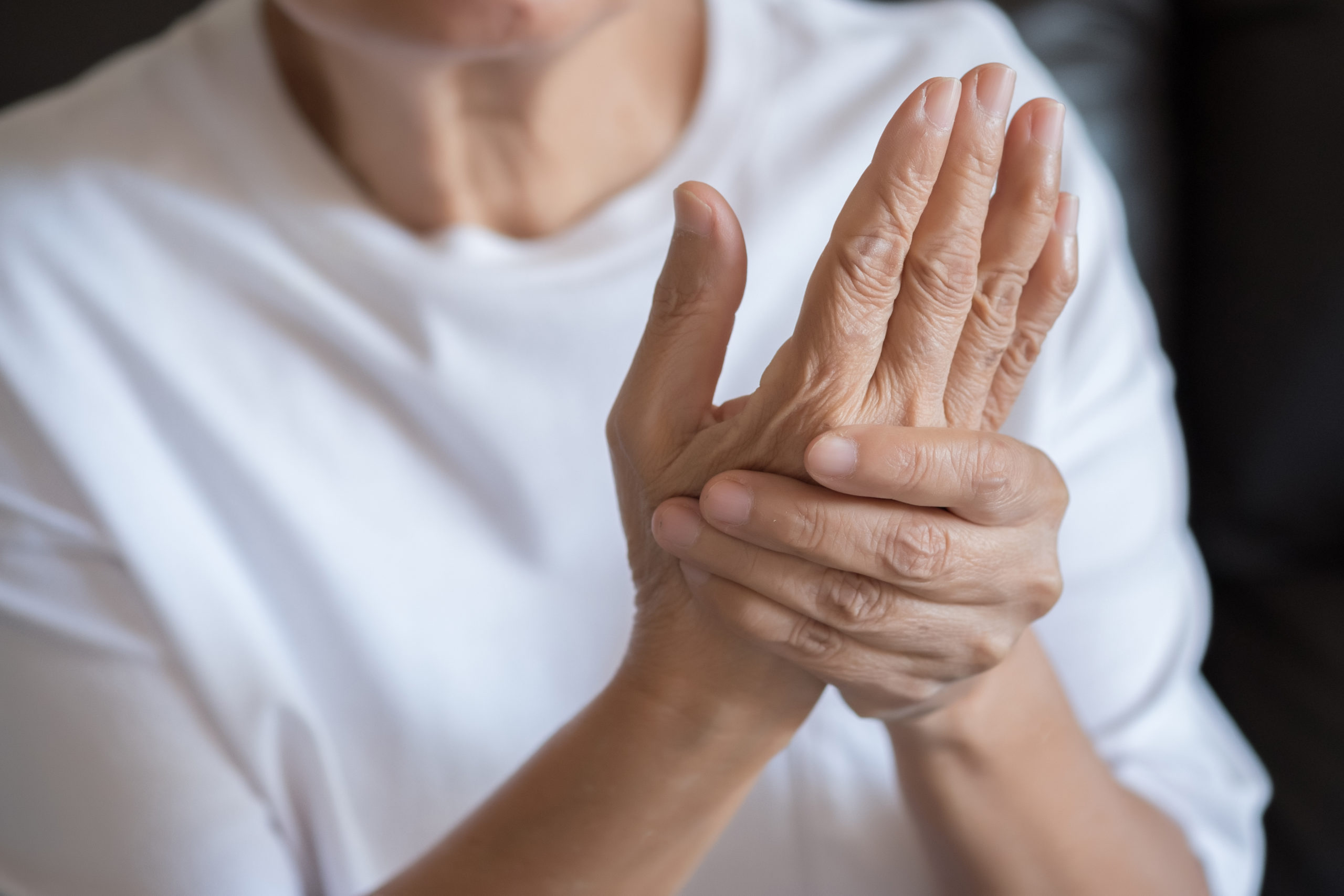
A randomized trial found that a regimen of nonoperative care prior to surgery for knee osteoarthritis was associated with good adherence and positive participant and health professional feedback. These findings were published in The Lancet Rheumatology.
Sixty patients at 2 treatment centers in the United Kingdom were randomized to either the intervention (n=40) or control (n=20) groups. Eligible patients were on a waiting list for knee arthroplasty due to osteoarthritis. The nonoperative intervention package consisted of at least 1 of the following: weight loss, exercise therapy, use of insoles, or analgesia adjustment. The control group received standard care. The intervention lasted 12 weeks, and the primary outcome was acceptability and feasibility. Of the patients in the intervention group, 78% had exercise therapy, 70% had weight loss, 55% had analgesia adjustment, and 45% had insoles.
Median adherence was 94%. At final review, the intervention group lost a mean of 11.2 kg, compared with 1.3 kg in the control group, and demonstrated a clinically significant difference in health-related quality of life and joint-specific scores compared with the control group. No adverse events associated with the interventions were reported. Ninety percent of patients in the intervention group stated they were satisfied or very satisfied with the intervention. Of the 60 total patients, 5 cancelled their surgery—4 in the intervention group due to improved symptoms and 1 in the control group due to medical reasons.
“This feasibility study showed that delivery of a complex, nonoperative package of care to individuals with severe osteoarthritis and multiple long-term conditions waiting for knee replacement surgery is possible. The findings also showed that patients will enroll in a randomized study, adhere well to the intervention, and remain in the study until completion,” the authors wrote. “Overall, participants found the intervention acceptable and beneficial.”
Regarding limitations, the authors acknowledged that the study was not powered to show differences in joint-specific function or deep infection between groups. “However, although assessing effectiveness was not the aim of the study, a trend toward a greater improvement was observed in the patient-reported outcome measures and the objective functional measures in the intervention group,” they wrote.
They called for future, large-scale studies to assess the effectiveness of nonoperative interventions on joint-specific function and long-term postoperative complications following knee arthroplasty, as well as data on the cost-effectiveness of such interventions.







 © 2025 Mashup Media, LLC, a Formedics Property. All Rights Reserved.
© 2025 Mashup Media, LLC, a Formedics Property. All Rights Reserved.